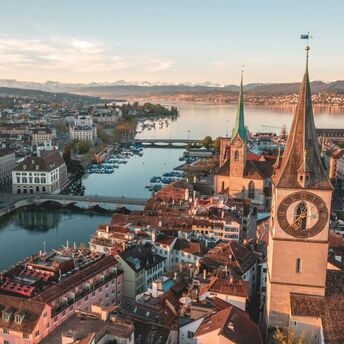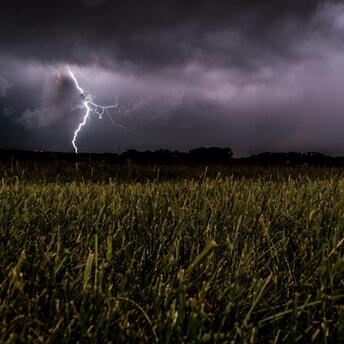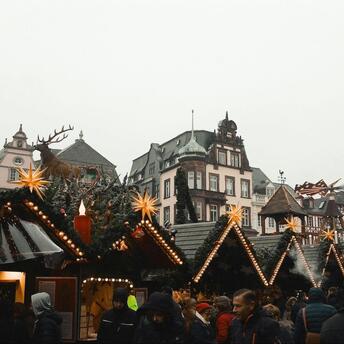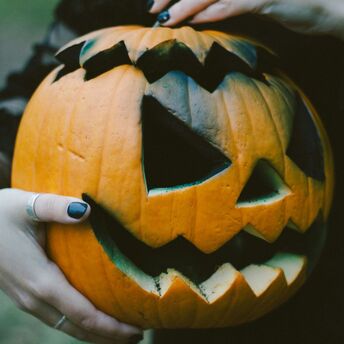The Secrets of Indonesian Black Magic

In Indonesia black magic is known as Ilmu Hitam and practitioners of the dark arts can be found on almost every island of this vast archipelago. A belief in magic crosses cultural and religious barriers. Magic and the paranormal sit easily alongside a belief in Muhammed, Christ and the Hindu Gods.
As a tourist, the easiest way to learn about magic in Indonesia is at the local markets in large cities. In places like Beringharjo Market, Yogyakarta, street traders sell magical talismen, oils, spells and clothing imbued with magical properties. You can also see evidence of the crossover between pre-Islamic beliefs and current Islamic beliefs in the Quranic verses and scrolls that are sold as talisman and sit in liquid vials or have been applied to clothing.
Another place that you might see magic performed is at public ceremonies. Dukuns – the name for witch doctors in Indonesian – are frequently paid to control the weather. In large cities throughout Indonesia, dukuns are hired to ensure there is no rain at large public ceremonies and weddings. Dukuns may also be hired to control volcanic activity. The Sultan of Yogyakarta for instance had a Spiritual Gatekeeper for Mount Merapi who died in the last major eruption in 2010.
However, like with all things in life, Indonesian magic has a dark side. Ilmu Hitam is practiced just as widely as other forms of magic, but it is less talked about. The aims can often be the same as “white magic,” but the spells and rituals are very different. An exteme example is the kidnapping and beheading of babies who are born on certain days in the Javanese calender to bring wealth and luck to families whose houses the babies are buried in front of.
Indonesian black magic can also be used against people. The Indonesian Intelligence Agency (BIN) famously contemplated using black magic to assassinate the Human Rights activist Munir Saib Thalin, before deciding on the more practical course of poisoning him.
The practice of casting spells against a person is called Rapuh in East Java. Samples of personal items, such as clothing, hair and fingernails are often required for such spells to be successful.
A belief in Magic is one of many superstitious belief that Indonesians hold. Pilgrimages to the graves of local religious leaders and natural landmarks – such as mountains – across Indonesia are another set of beliefs that go back to a pre-Islamic age. These pilgrimages can mix a modern belief in Islam and a reverance for religious figures with animalistic and pagan beliefs.
An interesting example is the pilgrimage to Genung Kemukus, a local religious site in Java, which, it is estimated, was visited by 3.5 million people in 2005. Genung Kemukus is a fascinating place, because alongside prayer, pilgrims also come together to have sex with each other, which is supposed to bring luck as well as wealth.
The belief in magic in Indonesia is a subject that brings to light many of the contradictions of the country. Look closely and you will find a set of beliefs that incorporate the old with the new and would shatter many peoples views of Islam in Indonesia.
Resources
If you are interested in learning more about black magic in Indonesia, check out some of these interesting resources:
Indonesia’s fixation with black magic Genung Kemus: A Swingers Guide to Islam Black Magic in Tana Toraja Black Magic in Yogyakarta



















